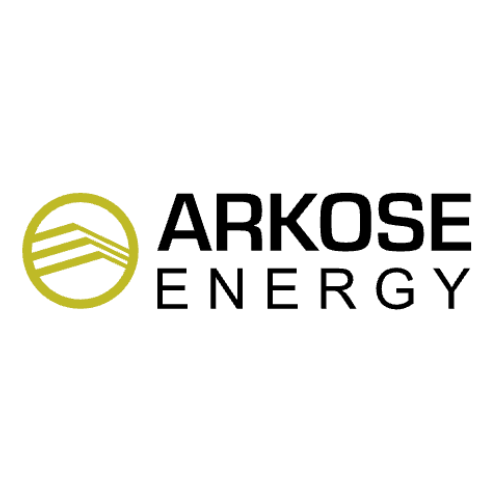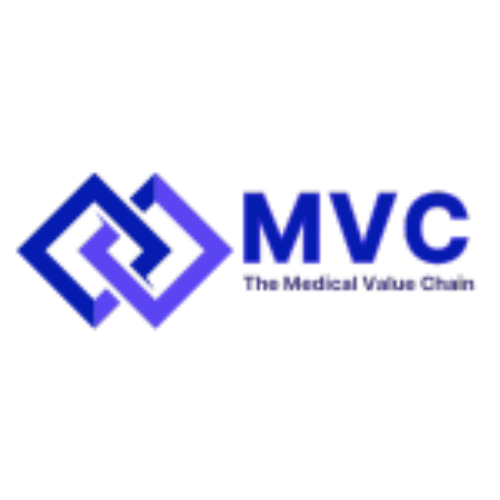
Gaiman Group
Gaimin is a Swiss-based company founded in 2018. Its vision is to create the world's most powerful decentralised supercomputer by harnessing the collective power of the gaming community.
Gaimin's core product is a free-to-download PC application that runs in the background, detecting when a user's computer is idle and then utilizing its processing power for various tasks, such as AI model training, video rendering, and blockchain computations. In return for contributing their resources, gamers are rewarded with Gaimin's native cryptocurrency, GMRX. This creates a passive income stream for gamers and provides a cost-effective solution for businesses in need of high-performance computing. The Gaimin platform also serves as a game launcher and a hub for Web3 gaming, with an integrated marketplace for NFTs and other digital assets.
Gaimin uses the Hedera network to tokenise in-game assets as NFTs, allowing players to have true ownership of their digital items. One of the first games to be integrated with this system is a version of Minecraft called Gaimcraft, where users can create NFTs that are interoperable between the Gaimin marketplace and their Minecraft inventory.
Project Information
Related Projects

Fireblocks is an enterprise-grade platform that provides secure infrastructure for moving, storing, and issuing digital assets. Founded in 2018 and headquartered in New York, it has become a leading provider of digital asset custody, transfer, and settlement technology for a wide range of financial institutions, including banks, hedge funds, and crypto exchanges.
The core of Fireblocks' service is its institutional-grade platform that combines multi-party computation (MPC) with hardware isolation to create a highly secure environment for managing digital assets. The platform also features the Fireblocks Network, a secure and efficient network for connecting with over 1,800 liquidity partners, trading venues, and counterparties.
Fireblocks is deeply integrated with the Hedera network, providing comprehensive support for HBAR and other Hedera-based assets. It also supports the Hedera EVM, enabling clients to interact with Hedera-based smart contracts and decentralized applications. Furthermore, the Hedera Guardian, an open-source platform for ESG assets, can be integrated with Fireblocks, allowing for the secure, remote signing of transactions.

Arkose Energy Corp. was founded in 2002 and is headquartered in Texas, It is focused on real world mining operations and utilises digital data mining solutions to fulfill its environmental commitments. One of its key focuses is on reducing flare gas and mitigating emissions by converting its oil and gas production into electricity to power its own data centers for cryptocurrency mining.
The company offers a range of services to the energy sector, including engineering, construction management, and fabrication of modular skids for various applications like test separators and gas scrubbers. It also defines itself as a data mining company, leveraging its energy production to power digital asset mining operations. This vertical integration is intended to create a more efficient and environmentally conscious approach to both energy production and cryptocurrency mining.
Arkose Energy utilises the Hedera network to bring transparency and verifiability to its operations. Data from its energy production and digital mining activities is processed through the Hedera Consensus Service. This creates an immutable and auditable log, allowing stakeholders to verify the company's emissions reduction efforts and the provenance of its energy usage for mining.

Medical Value Chain (MVC) is a Bahrain-based subsidiary of AVC Global. It provides a track-and-trace platform for pharmaceutical supply chains to ensure regulatory compliance and combat counterfeit drugs. MVC's innovative financial model is funded by the pharmaceutical industry, meaning there is no cost to governments or citizens.
MVC's core product is the SmartPass, a platform built on a dual-blockchain architecture that integrates with GS1 global serialisation standards. This technology creates a transparent and immutable record of pharmaceutical products as they move through the supply chain, from manufacturer to consumer. SmartPass is designed to provide "absolute transparency," protecting against counterfeit medications, improving supply chain efficiency, and reducing fraud. A key component of this system is the OneScan feature, which allows for the verification of product authenticity.
The company utilises the Hedera Consensus Service (HCS) to create a verifiable and auditable log of all supply chain events. This "dual immutable distributed ledger technology" provides a high level of security and transparency, ensuring the integrity of the data.

Mynt Music is a Web3 platform designed to address the challenges artists face with traditional streaming services, such as low revenue and a lack of direct engagement with fans. By leveraging blockchain technology, Mynt provides artists with the tools to take greater control over their work and monetization.
The core of the Mynt platform is built on the Hedera network. This allows artists to mint their music, artwork, and other exclusive content as non-fungible tokens (NFTs) on the Hedera Token Service (HTS). In addition to NFTs, artists can create and issue their own unique, fungible "Fan Tokens." These tokens function as a digital key to an artist's community, granting holders access to exclusive content, unreleased tracks, private channels, and unique real-world experiences. This model transforms passive listeners into active stakeholders in an artist's career.
By building on Hedera, Mynt benefits from the network's high speed, sustainability, and low, predictable transaction fees, which are essential for processing the high volume of micro-transactions involved in a thriving fan economy.
